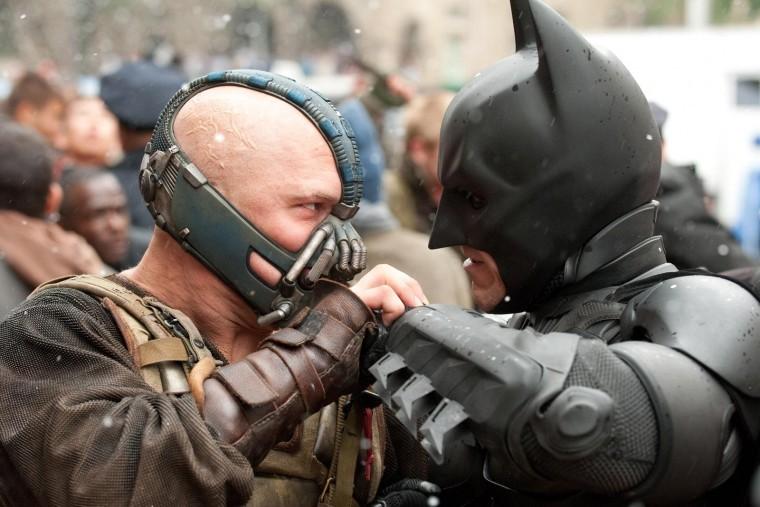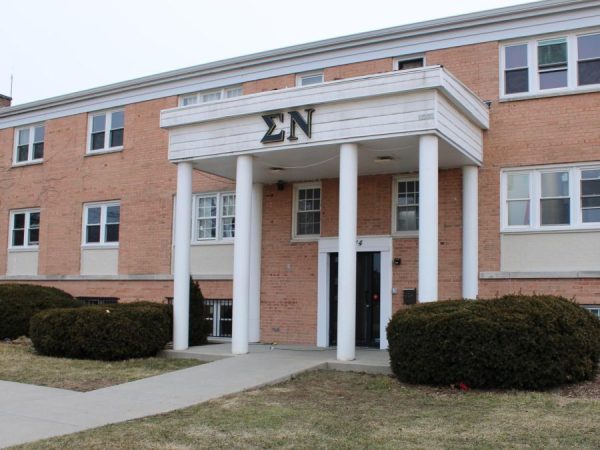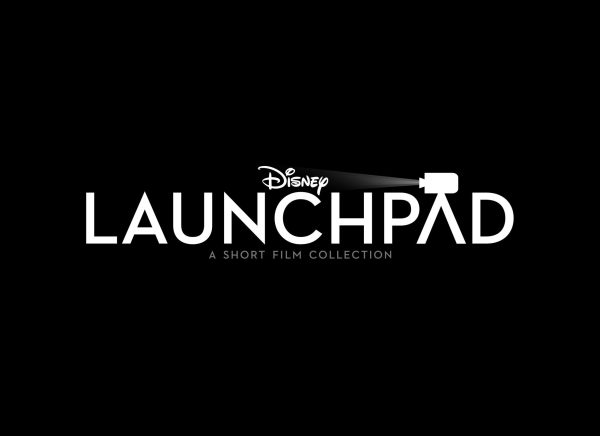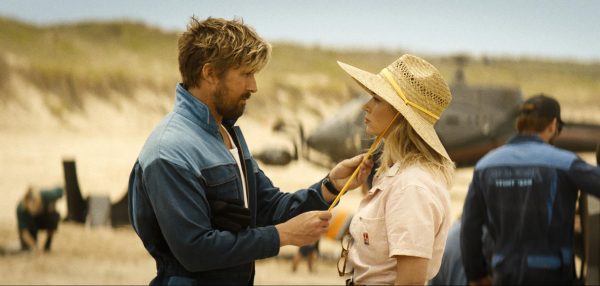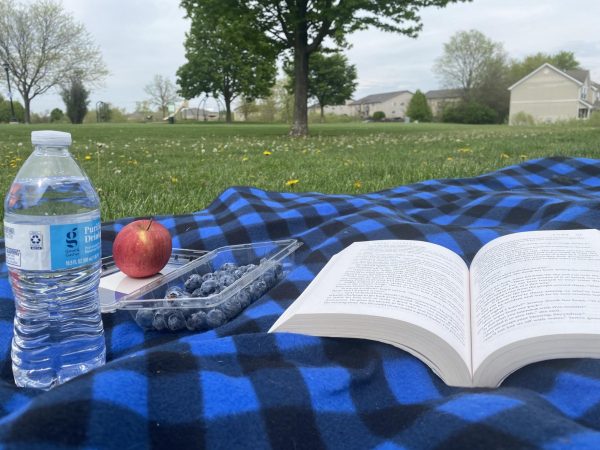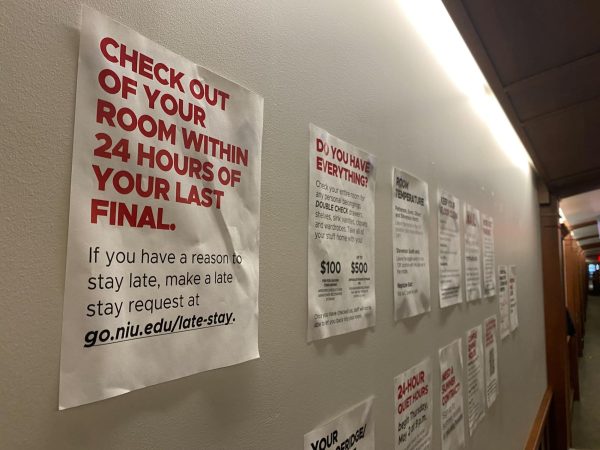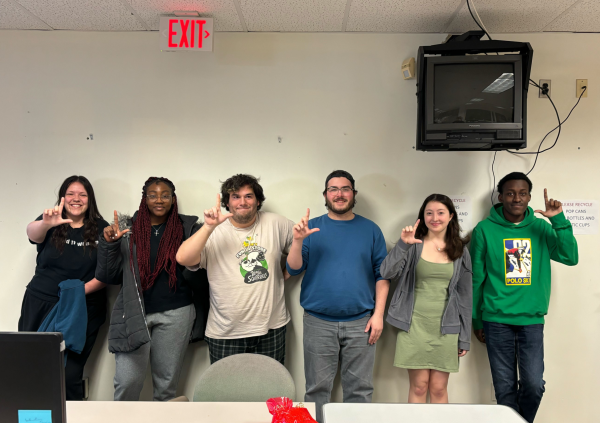This movie is real life
Bane (Tom Hardy) and Batman (Christian Bale) fight in the streets of Gotham in The Dark Knight Rises.
July 23, 2012
I never thought a superhero movie would make me feel as much as I felt this weekend.
Ever since The Dark Knight, the second installment in director Christopher Nolan’s take on the Batman saga, hit theaters four years ago, fanboys and film lovers alike have waited with bated breath for the trilogy’s closer. Now, The Dark Knight Rises is here, and it delivers on The Dark Knight’s promises in ways both expected and unexpected.
I expected to be wowed. I expected that Nolan’s taste for grandeur and complexity would run unbridled through his third and final Batman film. Soaring aerial shots, massive explosions, streamlined buildings and costumes — none of these elements surprised me (though they made me very, very happy). I anticipated a nerve-shattering score from composer Hans Zimmer and knockout performances from the film’s roster of celebrated actors (I admit that Anne Hathaway’s performance was deliciously surprising).
What I did not expect, however, was to walk out of the theater emotionally drained.
After the excitement of seeing the movie settled (four whole years!), I found myself presented with a film filled with relatability. There was so much in The Dark Knight Rises that tugged on my empathy strings that, after only a few minutes, I stopped wondering if the emotional punches were deliberate.
Eight years after the “murder” of their assumed hero, Harvey Dent (Aaron Eckhart), the people of Gotham feel a sense of calm, of security. The riffraff and scalawags are off the streets. Nothing bad is going to happen anymore, not after they’ve survived the Joker (Heath Ledger) and his reign of terror. They do not expect another villain to terrorize their streets and are blindsided when one shows up demanding a revolution. I understood this false lull. There have been so many points in my own life where I have thought, “I am safe. The worst is over.” Like the Gothamites, I understood having that safety net ripped out from under me.
Like Bruce Wayne (Christian Bale), I know how it is to be scared of failure. His attempts to do good, through Batman and through Wayne Enterprises, failed spectacularly, and he is afraid to put himself out there again. I’ve nursed a wounded heart and ego before, and I related to his retreat. Like Selina Kyle (Anne Hathaway), I know what it is like to be desperate for a fresh beginning. And like Officer John Blake (Joseph Gordon-Levitt), I know first hand what it’s like to lose parents, homes and faith.
And, oh, did I understand the movie’s central call for change. Gotham is once again put under siege by a lunatic, but, unlike the Joker, this lunatic has a strong set of beliefs. Bane (Tom Hardy) unleashes complete anarchy on the city in order to “restore” a natural balance for all of its citizens. He craves a utopia, a community without decadence and waste, without social inequality. Bane goes about it in the wrong way of course, but it is easy to empathize with his end game. I’ve watched social inequality positively ruin lives and dreams, and there have been countless times when I have cried out for justice and peace.
Nolan’s agenda is anything but subtle. Within his Batman saga, he has created art hell-bent on forcing introspection. Nolan refuses to let his audience sit complacent with the way the world is. When you strip away the score, the acting and the large-scale visual elements, The Dark Knight Rises is a movie which turns the spotlight onto the viewer and asks, “When the bad things happen, what are you going to do about it?” We can run, we can hide or we can rise from our ashes. The choice is up to us.



